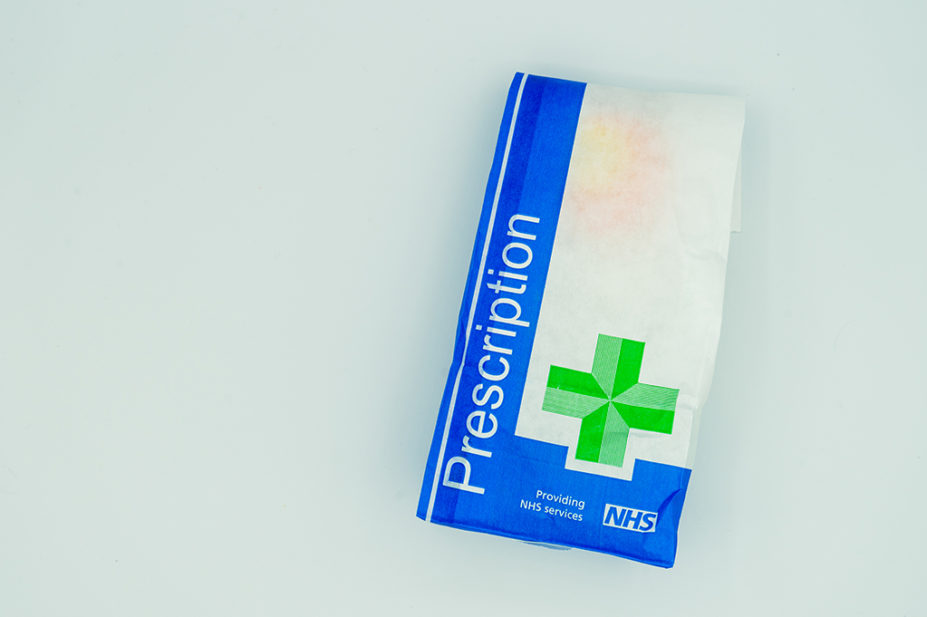
Shutterstock.com
The number of patients taking antidepressants in the Sunderland Clinical Commissioning Group (CCG) area has fallen by more than 1,000, following the introduction of new deprescribing guidelines and increased efforts to ‘normalise’ deprescribing, figures shared with The Pharmaceutical Journal have shown.
Consequently, Sunderland has moved from having the fifth highest antidepressant prescribing rate in England to having the eighth highest.
Published by Sunderland CCG in June 2021, the guidelines were based on advice published by the Royal College of Psychiatrists, the Maudsley Hospital in London, and the New South Wales Therapeutic Advisory Group and developed to advise prescribers on how to identify, contact, engage and manage patients in reviewing and deprescribing antidepressants.
The guidelines state that a more gradual reduction plan may be more appropriate for patients prescribed high doses for longer periods, and that certain antidepressants with a higher risk of withdrawal symptoms require a more cautious reduction.
They also include prompts for referral to social prescribers and low mood plans, as well as other ongoing management approaches to support patients after they have stopped taking their antidepressants.
The guidelines highlight the warning signs and symptoms that may indicate a need to pause or stop the tapering process and include a section on deprescribing in learning disability and autism, in recognition of the additional challenges associated with this patient group.
According to Ewan Maule, head of medicines optimisation at Sunderland CCG, which published the guidance, the area achieved a 3.2% reduction in the number of patients prescribed antidepressants during the financial year 2021/2022, from 32,463 to 31,445.
“Given the context of the past 12–24 months and the impact the [COVID-19] pandemic has had both on the mental health of the population but also increased demand for non-pharmacological alternatives (counselling, cognitive behavioural therapy, etc.) and specialist mental health services, this is no small feat,” he said.
“Deprescribing antidepressants is a challenging process for both patients and prescribers and so we do not expect or indeed want a dramatic or sudden reduction in prescribing volume — we are very keen that this is done through shared decision making in conjunctions with patients and as part of an overall treatment plan.”
However, Maule also highlighted that the deprescribing guidance was “just one piece of the puzzle” and that there was a city-wide primary care network (PCN) pharmacy team of almost 60 staff across six PCNs who lead on structured medication reviews and deprescribing.
“They have been clinically prioritising patients according to need and risk and as a result the reduction we have seen in antidepressant prescribing is mirrored in other classes (opioids, gabapentinoids etc.),” he continued.
“Added to this, we have added a measure into the local GP quality scheme to ensure that patients prescribed antidepressants have a low mood plan and have the ongoing severity of their depression assessed using the PHQ9 tool.”
Vicky Mills, a clinical pharmacist at Sunderland North PCN, said the Sunderland CCG provided “comprehensive” guidelines on how to deprescribe antidepressants and key points to watch out for during the medication review.
“As part of the structured medication review (SMR) we look at the patient holistically and review all aspects of their condition, lifestyle and behaviour,” she explained. “This allows us to make an informed decision and review their medicines effectively and safely.”
Mills said that the “rationale to deprescribe” was determined using the information gathered during the SMR and from the CCG guidelines, and was a shared decision between the clinician and patient.
“It was surprising how many patients were happy to discuss their antidepressants and trial a reduction …many patients were started on selective serotonin reuptake inhibitors (SSRIs) after a tragic event in their personal lives but again never reviewed. Over time, patients often recover from these events; however, remain on the SSRI.”
Maule said that the CCG was now ensuring that each new or reviewed guideline that came through the area prescribing committee had a deprescribing section.
“We think it’s an important psychological shift for prescribers to move from the expectation that something is continued unless there is a reason to stop, to one where it is only continued if it is of value,” he said.
“It also gives both GPs and primary care pharmacists the permission from the specialist authors to deprescribe in a defined and safe way, and without having to refer back into secondary care … thereby avoiding unnecessary appointments and referrals.”


